As with any plumbing, pipes and drains can often feel the adverse effects of plummeting winter temperatures and snapping frosty periods. If not dealt with prior to cold weather, pipes and drains can quickly turn from part of the scenery into a burgeoning headache, cracking, bursting and causing reduced flow rates, potentially ruining your property in the process.
With these issues in mind, here’s how can you guard against the harsh effects of winter.
Easy steps to protect your pipes and drains
As water freezes, it expands. It’s a simple rule that means whatever the material containing it, sub-zero temperatures can easily exact a toll. Pipes and drains are no exception, and homeowners must take special care with those that lie outside – outdoor taps, swimming pool hoses, water sprinkler apparatus and pipes that exist in areas of the house that aren’t heated such as garages, outhouses and attics. Preparing pipes for cold spells isn’t difficult though, and there are a number of easy steps you can take.
Insulate
Insulation is one of the best ways in which to guard against frost damage, and isn’t as expensive a measure as you might initially imagine. Any pipes, drains, cisterns and other water-containing structures should be drained for winter if they are not going to be in use, while those that are should be insulated – it’ll save you from freeze-induced headaches and will have the additional benefit of reducing your energy expenditure.
Circular insulation can be quickly and easily wrapped around any at-risk piping, and is available from any good DIY store. Also be aware that heat tape or cable can be a cheaper, easier option for insulation, especially when the pipes are thinner than regular polyethylene would surround. Take a look around your home during the first cooler parts of autumn. If the temperature seems below the mean, insulate!
Latent heating
One of the easiest ways you can prevent frost damage in your home, especially if you have undertaken the previous steps but still want to err on the side of caution, is to keep your heating on at a low level throughout the winter months. This actually shouldn’t result in a higher heating bill as stop-start periods of heating and sudden cooling will require more energy than a steady, lukewarm state.
Be draught-aware
Small gaps between masonry or under doorways – particularly in the garage – can quickly cool down and freeze any at-risk pipes in the home. Plug these up using insulation, wood or plastic, although don’t extend this to any exterior vents such as those connected to the heating system unless you don’t plan on using said appliance over the winter.
Drains and outdoor pipes
Bearing in mind any particular instructions provided to you by the manufacturer of your outdoor water-based appliances, drain all of the water from any pipes servicing these appliances. Antifreeze is not a prerequisite – the chemical can damage pipe lines and has the additional negative of environmental damage.
If you have any hosepipes located in unheated or outdoor zones of your property, drain these and store them in a warmer area of your home. If you have any taps in these areas, close the indoor valves but leave the outdoor ones open; this will allow the water to expand safely thanks to the lack of pressurisation.
Repair leakages
At the end of summer it pays to take a trip around your property, inspecting while taps or amenities are flowing, to see if there are any leakages in your property. If you find any, patch them up using a patch kit. If the pipe services your heating or water mains, you should use the services of a professional – repairing these with DIY kits can be dangerous.
Clear drain grates
The quickest and easiest way to make sure your drains are operating at peak efficiency over the cooler months is, quite simply, to clean them! Remove any leaves, mud or other detritus from the grate to stop any potential freezing, and blocking, of your drains.
Install drain protection
If the leaves are still falling and you want to make sure that no errant material makes its way in to your drains, think about purchasing a drain protector formed out of a non-freeze plastic. Keeping your home guarded against frozen water damage isn’t as difficult as you might initially imagine, and a vigilant approach means no regrets during the chilliest time of the year!
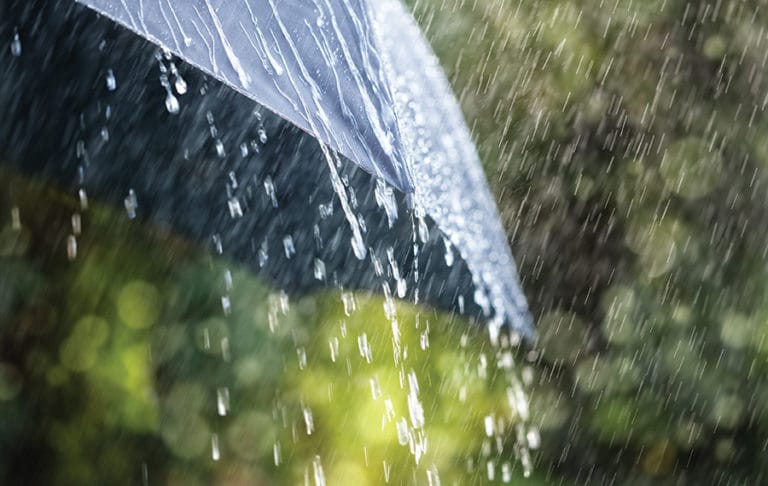

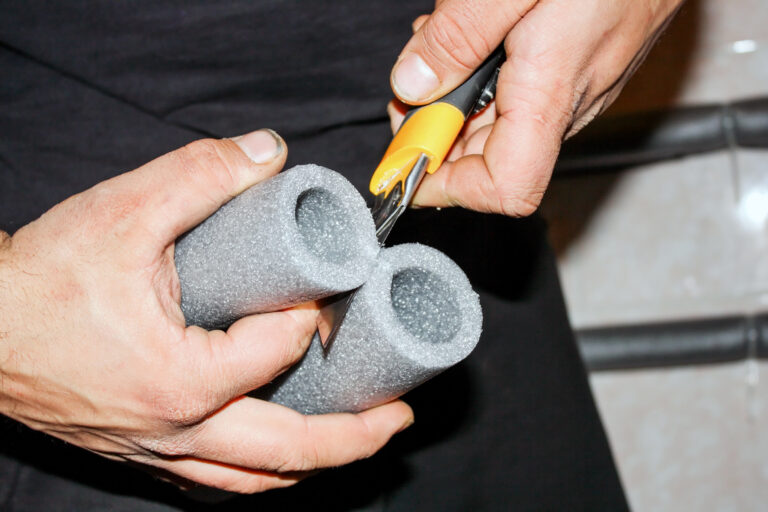
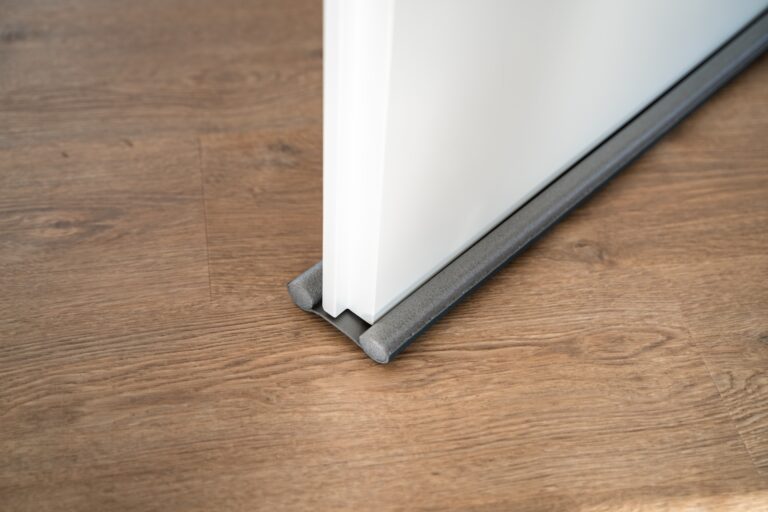
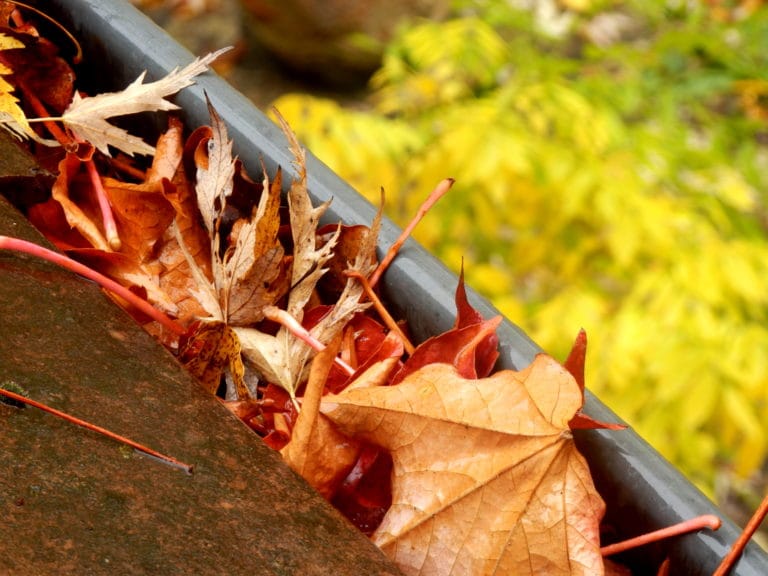
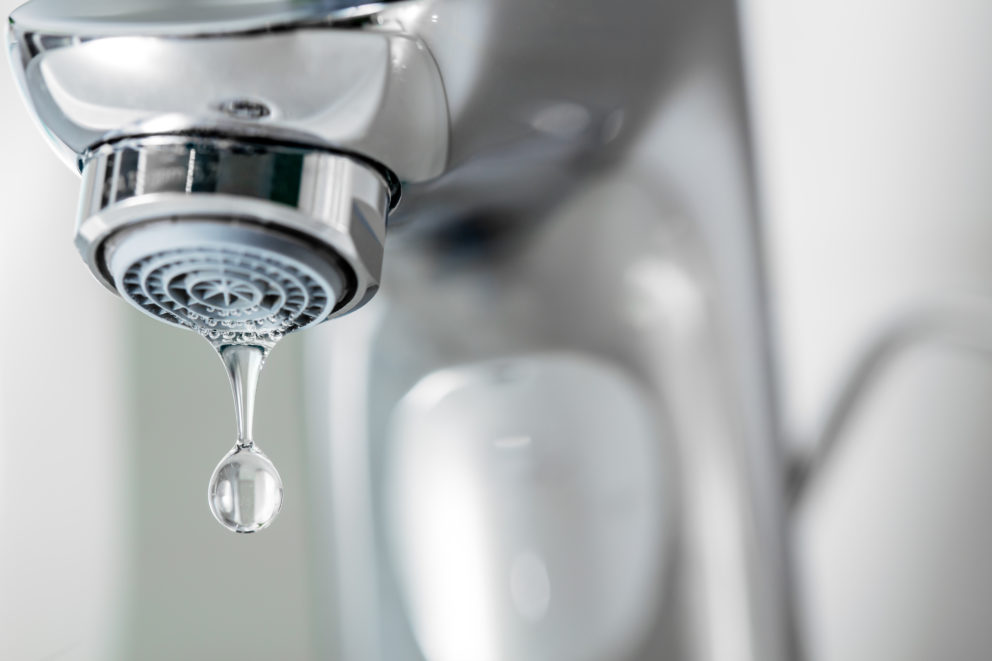 >
>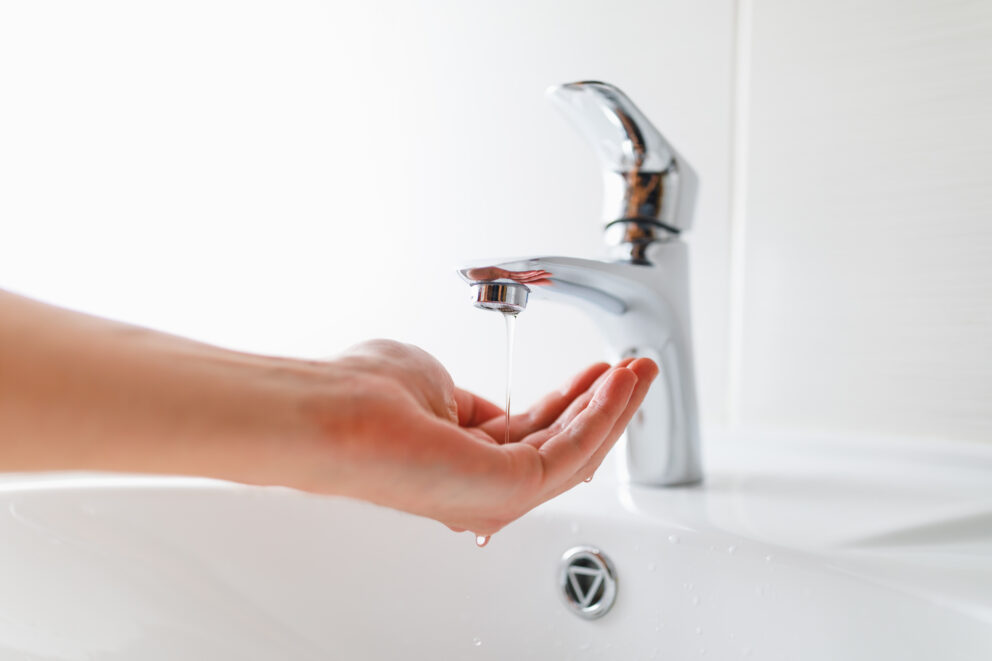 >
>